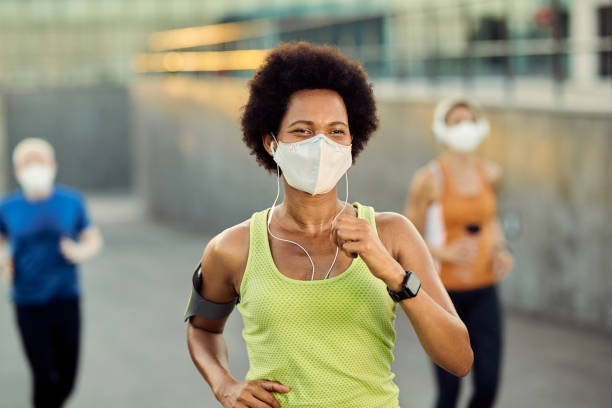
During the COVID-19 lockdown, I found myself with more free time than usual, which I decided to dedicate to one of my favourite activities: running. I joined a group of runners who constantly encouraged and cheered each other during that challenging time. We shared our running statistics online, including the start and end times for the runs. At that time, lockdown restrictions permitted outdoor movement only between 6 AM and 6 PM.
Things became particularly interesting when some runners began posting about their runs, indicating they had started before the allowed lockdown hours. This led other runners to call them out for violating the rules. Regardless of the reasons for the breach, the running community felt a strong responsibility to uphold the COVID-19 lockdown regulations. As members of a respected running community, it was embarrassing to be caught on the wrong side of the law. Thanks to this community monitoring, runners began to self-regulate their behaviour.
Now, consider how we as individuals, communities, and societies can embrace self-regulation and hold each other accountable when we observe transgressions and breaches of the law. This approach could significantly strengthen community and societal values, reducing the need for policing.
A society that self-regulates is far more effective than one that relies on external enforcement.
